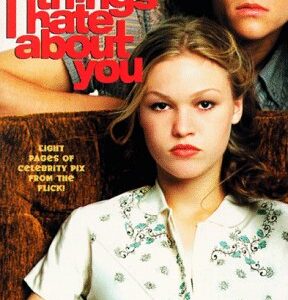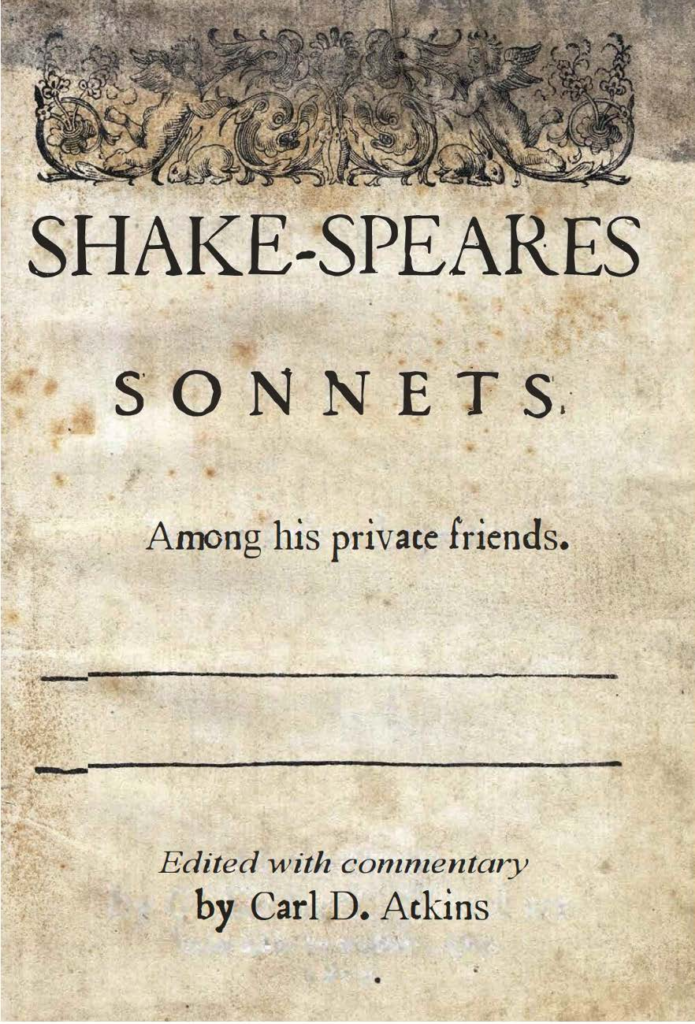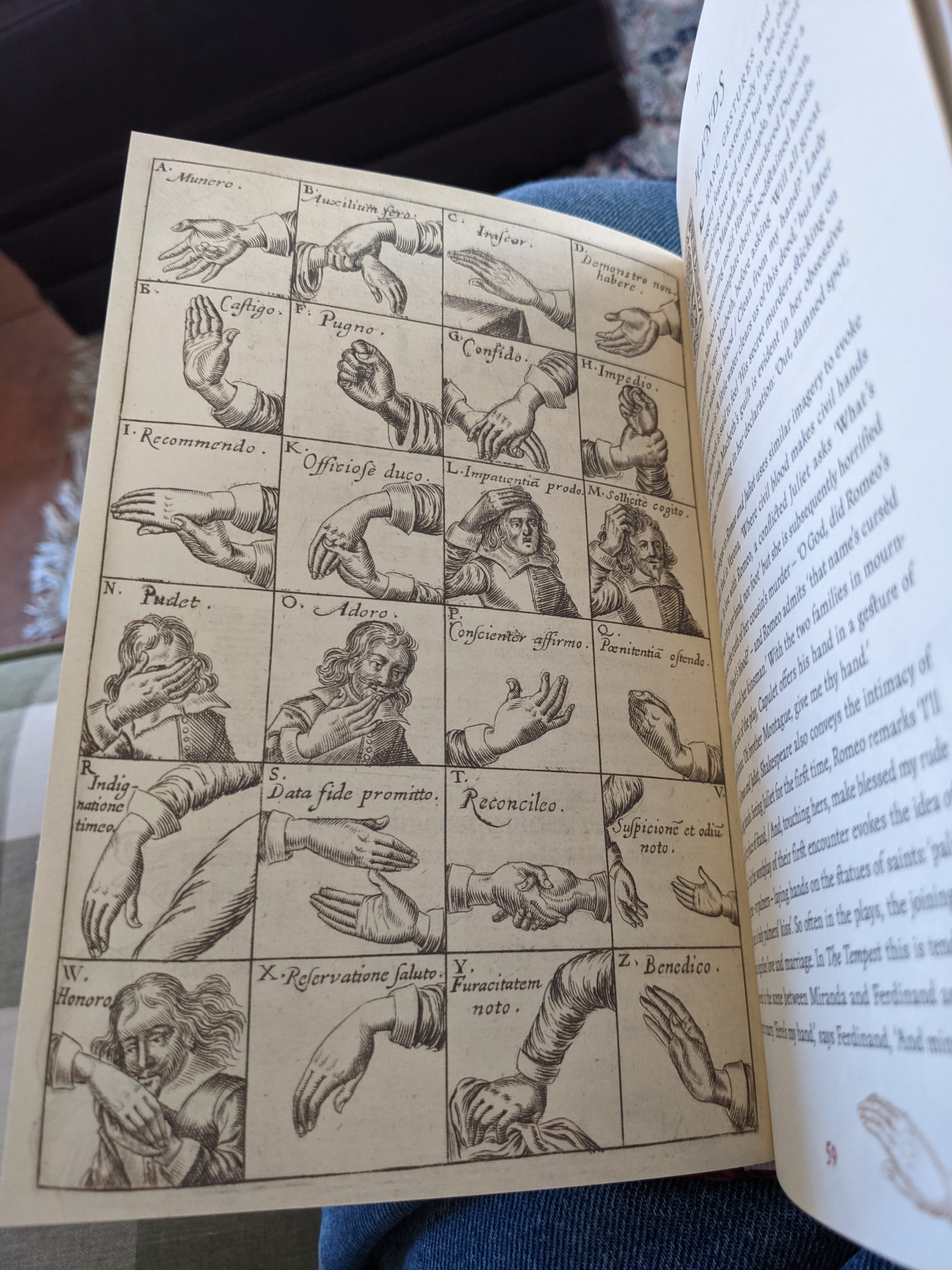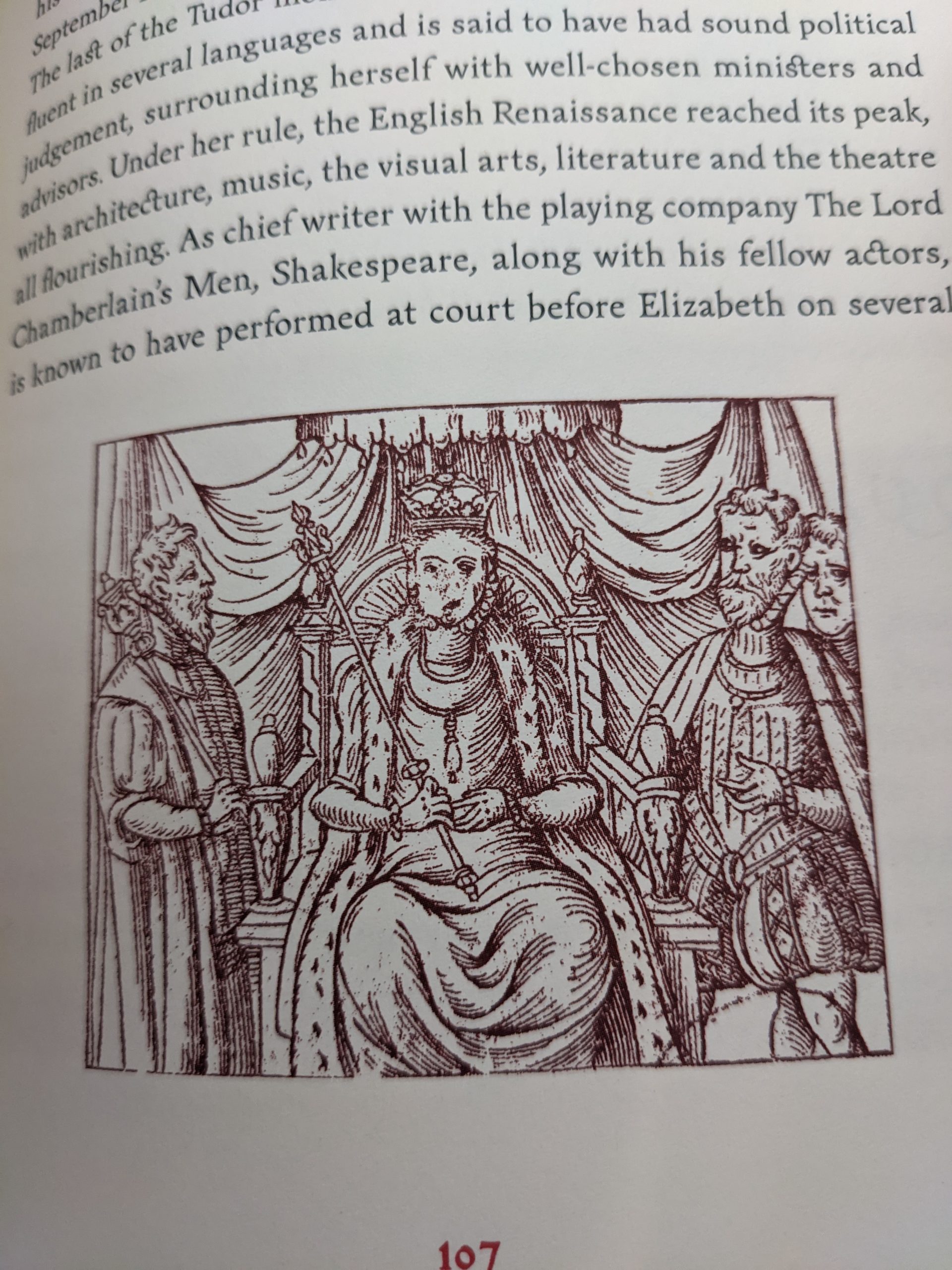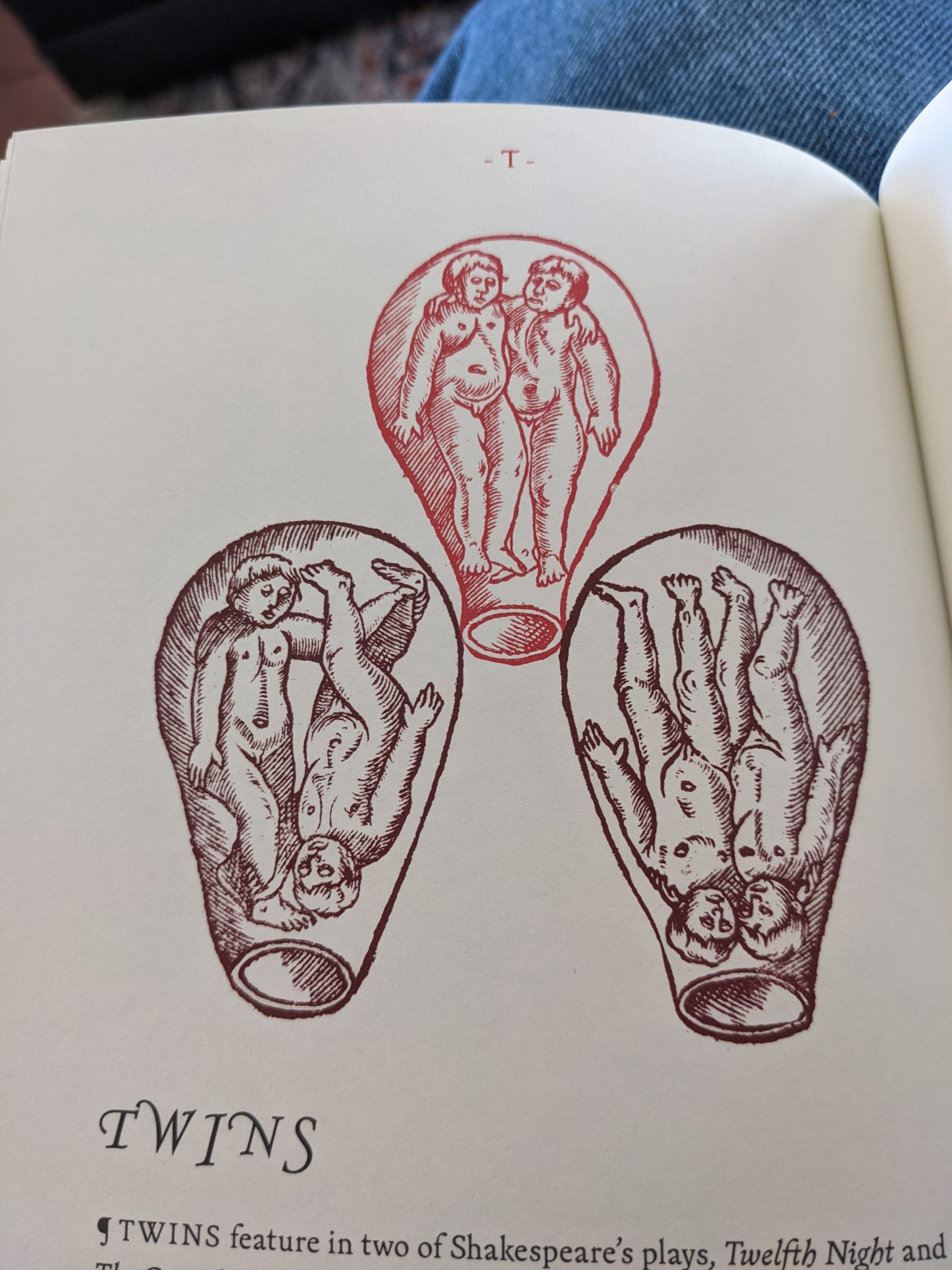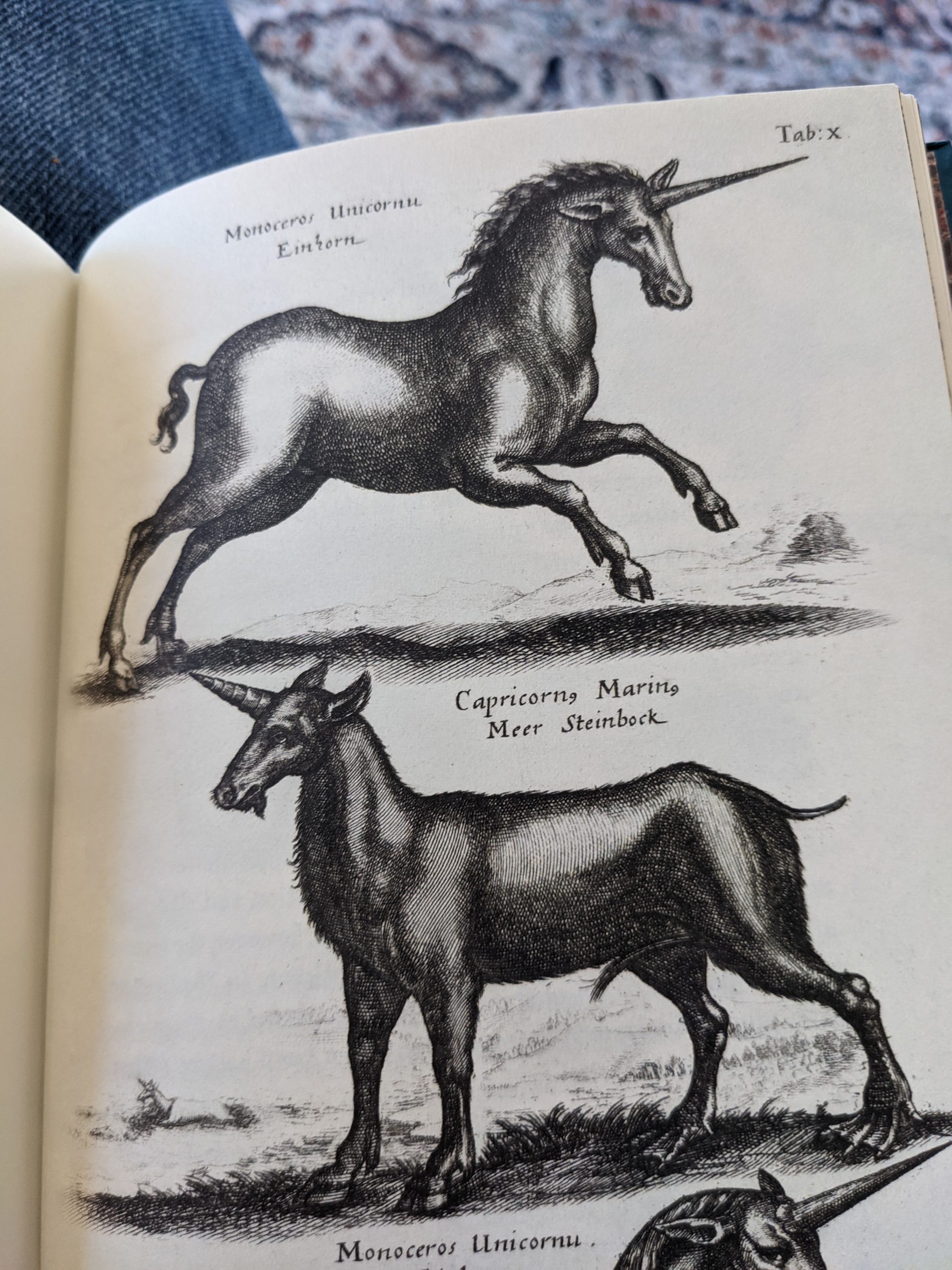10 Things is generally regarded as the best of what we’ll call the “high school Shakespeare adaptations.” We’ve got She’s The Man, O, Get Over It, Were The World Mine, and I’m sure I’m missing a few. Julia Stiles is in two of those, and I’m not counting her turn as Ophelia in the 2000 Hamlet with Ethan Hawke. (Also in 2000 she played a character named Imogen in Down To You but alas I can’t make the Cymbeline connection.)
But enough of that. Over the years the subject has come up regularly, we’ve reviewed some of them, and shared many a “top 10” list on social media. 10 Things is the bar against which all these movies were (and still are) compared.
And, until now, I’d never seen it.
Confession time. I don’t watch a lot of Shakespeare. My work-life balance just never allowed for it. If it wasn’t something I could sit down with my family and watch, the only time I’d get would be later at night after everyone had gone to bed. But finding a two-hour block to sit and pay attention to a movie, sometimes taking notes for my eventual blog post? Honestly, I usually had things I’d rather do.
The pandemic changed all that. I work from home now. The tv is on almost constantly in the background, providing some much-needed noise in an otherwise empty and silent house. So I’ll often get into a mood like “80’s movies I remember being good (or at least entertaining)” and I’ll put on a Lethal Weapon or Breakfast Club, something I’ve seen, just to be butterfly net for my attention. It’s not interesting enough to me to pay attention to it, because I’ve seen it. But when I need to lift my head up from the computer and focus on something else for a minute, I can stare at something familiar. For bonus points, count how many references you see or hear in these movies that are totally unacceptable now. The ’80s were a different time.
As each of these movies finishes I’ll click through the “You might also like” list that inevitably follows. And somehow, I ended up on 10 Things I Hate About You. On the one hand, it’s true, it broke my basic rule because I haven’t actually seen it. But this is something of a special case because over the years I’ve seen so many clips and heard so many quotes and read so many articles and summaries, I felt like the only thing I was missing is honestly being able to say, “Yes, I sat through and watched this entire movie.” Now, I can check that box and offer my honest review, not just a parrot of what I heard everyone else saying.
I liked it.
Thank you, and good night.
Ok, seriously :). I think we all know the plot, lifted quite plainly from Taming of the Shrew. He’s got two daughters. The younger one wants to date. He says that she can’t until her older sister does. Not because he’s trying to marry off the older sister first, but because he feels safe that the older sister – Julia Stiles as Kat, our shrew – has no interest in dating, and no one has any interest in dating her. Enter a young Heath Ledger, who takes on the challenge because he’s paid by Joseph Gordon-Levitt, who wants to date younger sister Bianca. I think we all know where it goes from there, in a predictable teen comedy fashion.
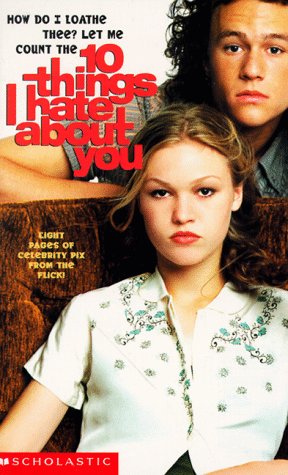
As a father in my fifties, I think I pretty substantially missed my window for truly appreciating (nay worshipping) this movie and its young actors. I found myself sympathizing mostly with the father, played by stellar 80s comic icon Larry Miller, who feels the most important job in the world for a father is to make sure his daughters don’t get pregnant and ruin their lives. I get that the world is a whole lot more liberal today than it was when I was their age, but I’d still rather see my daughter get a college degree before a baby. During the house party scene I could think of a dozen different and very bad ways the story could have ended. Even the smartest kids can get angry and be stupid sometimes, and when you take a girl who has spent her whole life acting better than everybody else and put her drunk and out of control in the middle of a house party, there’s not always going to be a white knight boyfriend to save her from other life-changing consequences.
Heath Ledger’s voice bothered me the whole time. It’s very deep, and did not suit his high school character. The Australian accent, which they did nothing to hide, made it worse. The notes for the movie say they felt this made him “dangerous and sexy”. Nah. Made him seem like he was cast entirely for his looks. This was especially true for me when he sings, because his singing voice does not match his speaking voice. I went looking for confirmation that he was lip-syncing but from what I can tell it was really him.
The movie is loaded with Shakespeare references without being about Shakespeare if that makes sense. So many of these movies are about a high school that’s putting on a production of Romeo and Juliet or A Midsummer Night’s Dream. In terms of the actual plot, the closest we get is some attention to the sonnets. What it is filled with, though, is easter eggs. The family name is Stratford. The boyfriend’s last name is Verona. They go to Padua High School. They did give us one token character, Mandella, who is supposedly obsessed with Shakespeare (she even has pictures of him in her locker). Though I always love Shakespeare content, this was pretty obviously shoehorned in just to add some more references. Trust me, if there were any girls in my high school harboring a crush on Shakespeare and decorating their lockers with his picture, I would have found them.
When I told Bardfilm I’d finally watched this one his one question was, “Does it still speak to today’s high school students?”
I don’t think it does. I think it was a good movie for its time, better than average. Written well. I thought at times it might have been written at least in part by Tina Fey, who is known for her sharp dialogue. But in the end it’s still just a glued together collection of the same tropes of every other teen comedy of the era, hung on a Shakespearean frame. They just did it better than others.

